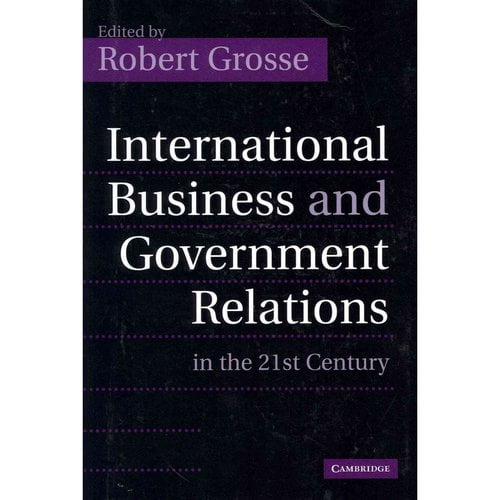

The first movement toward a revision of the status-quo interpretation of the international system was the terrorist attacks by Al Qaeda against the United States on September 11, 2001. The 21 st Century is marked not with the political maneuvering of great states representing competitive visions of how the world ought to be, but with power accumulation by the elite few and the rejection not only of the accumulation of power by elites, but of elitism itself by the general public. IR theory is returning to its roots by looking not only at individual humans as the main unit of analysis under humanity, but also on their actions and motivations. human nature ( physis) supplies the impetus for action ( orge), the conscious mind ( gnome) reacts to the opportunities and dangers of uncertain circumstances ( tyche) primarily in accordance with its current attitude or disposition, whether that be one of hope or fear. Thucydides’ system of psychological motivation.

Tracing IR theory to its earliest (claimed) historical roots emphasizes the human motivations that catalyze action: There has been a necessary and important link between international history and the study of international relations. These global, historical experiences are fostering the rise of cutting-edge and revolutionary IR theory that embraces complexity and multidisciplinarity rather than paying homage to self-absorbed philosophical traditions. This change is a 21 st century phenomenon with experiential roots in the terror attacks of 9/11, the Global Financial Crisis, the resultant uprisings such as Arab Spring and Occupy, and the rise of hacktivism. This intellectual movement reflects experiences in international history that diminish the role of the state and reinforce the humans and humanity into the heart of a discipline whose origins lie not only in what has been done (international history) but also in the motivation for action.

Twenty-first century scholarship within international relations illuminates a sea-change away from the primacy of the state and second order analyses toward the relationship that individuals have within the international system, linking first- and third-order analyses together.


 0 kommentar(er)
0 kommentar(er)
